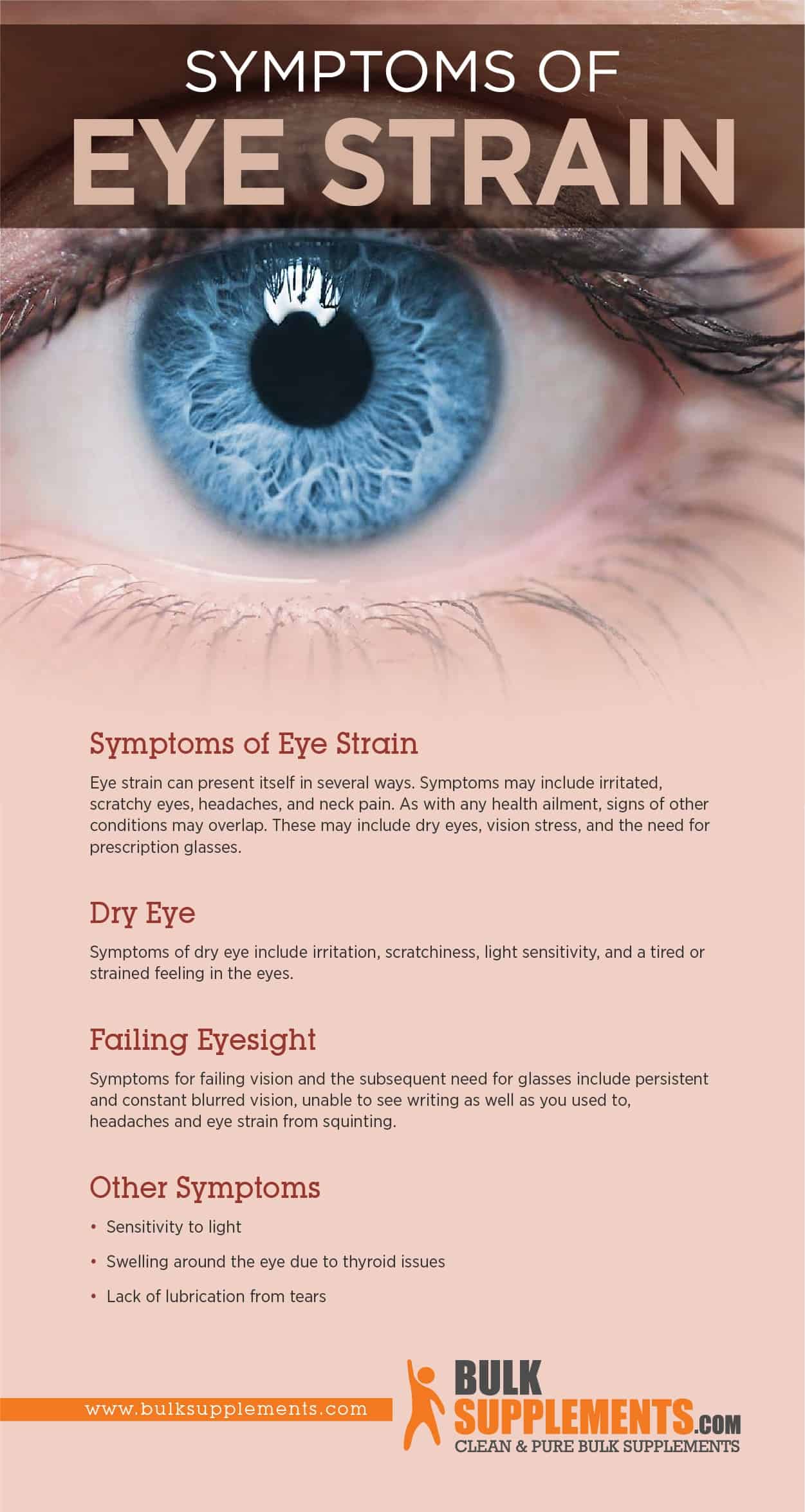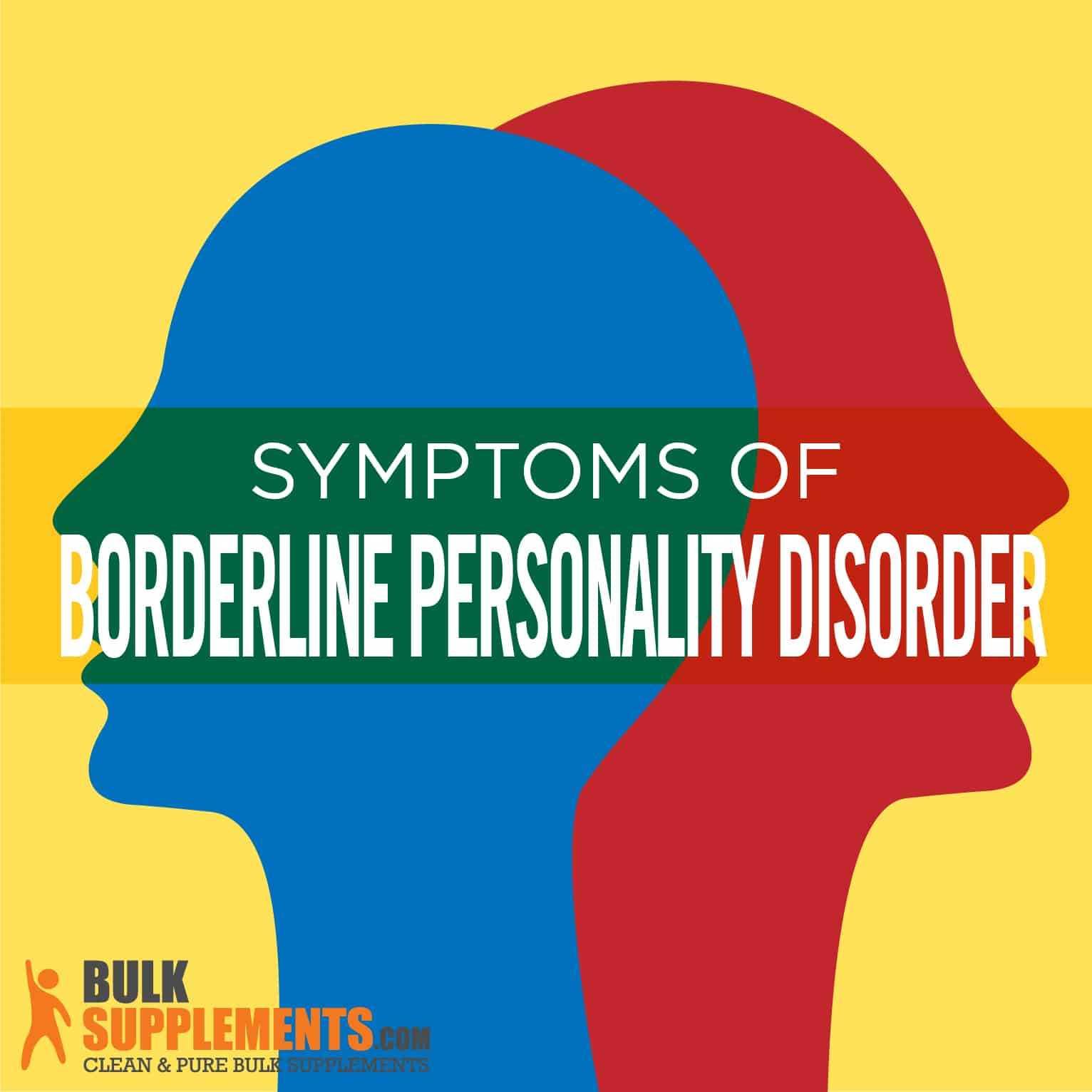Eye Strain: Symptoms, Causes & Treatment
by James Denlinger Digital Marketing StrategistWhat is Eye Strain?
Most people’s lives are ruled by smart phones, tablets, computers, and smartwatches. These electronic devices help us work, play, exercise, monitor our home, and communicate. People of all ages and cultures depend on their ‘tech toys.’ All that technology use, however, can lead to health issues, such as eye strain. This condition is prevalent and is called digital eye strain (DES). More than half of computer users may suffer from symptoms.
Eye strain, also known as asthenopia (meaning ‘weak eye condition’) results from the eyes being fatigued or strained. The impact of constant computer use on the eyes was discovered over 20 years ago and referred to as ‘computer vision syndrome.’
People who are at risk of developing and suffering from eye strain would be those who work at a computer most of the day, along with people who spend an excessive amount of time on tablets, smartphones or laptops.
If you have frequent headaches and blurry vision, you may suffer from eye strain. Eye strain may begin with headaches and then progress to pain behind the eyes. You may notice your vision becomes blurred or a sudden inability to focus your eyes on your work.
Symptoms of Eye Strain
Eye strain can present itself in several ways. Symptoms may include irritated, scratchy eyes, headaches, and neck pain. As with any health ailment, signs of other conditions may overlap. These may include dry eyes, vision stress, and the need for prescription glasses.
Dry Eye
Symptoms of dry eye include irritation, scratchiness, light sensitivity, and a tired or strained feeling in the eyes.
Failing Eyesight
Symptoms for failing vision and the subsequent need for glasses include persistent and constant blurred vision, unable to see writing as well as you used to, headaches and eye strain from squinting.
Other Symptoms
- Sensitivity to light
- Swelling around the eye due to thyroid issues
- Lack of lubrication from tears
 PIN IT
PIN ITCauses of Eye Strain
The common cause of eye strain is due to spending too much time in front of a computer screen, tablet, or smartphone. The average American spends between eight and ten hours looking at a computer screen per day, whether it be a television, computer, tablet, or smartphone. However, there are also non-digital causes. These can include:
- Age
- Smoke
- Migraines
- Sinus infections
- Allergies
- Some medications
- Long drives
Treatment of Eye Strain
There are many simple solutions for eye strain, including:
- Prescription glasses
- Blue-light blocking glasses can be worn alone or over glasses and may eliminate your eye symptoms.
- Adjust your computer so that your eyes are 2 – 3 inches from the top and you don’t have to turn your head.
- Get an anti-glare screen for your computer, which fits over the screen and reduces the glare.
- Do not place your computer in front of a window as natural sunlight can create extra glare and strain the eyes.
- Adjust the brightness of the computer monitor.
- An optometrist can prescribe blinking exercises to do each day to help combat the pain and other symptoms.
- Change your contact lenses if you wear them and are having eye strain issues.
- Take a break. Follow the 20-20-20 rule while on your device. Every 20 minutes look away from the screen for at least 20 seconds. Aim for a spot across the room or about 20 feet away.
- Get adequate sleep. A lack of sleep wreaks havoc on our bodies in many ways and can also affect your eyes. It can cause eye pain, dry eyes, and eye spasms, as well as difficulty focusing and blurry vision.
- Adjust your office chair as it lessens the stress on your whole body, including your eyes. Sit with your feet on the floor and have the mouse and keyboard within easy reach.
- If you are typing or frequently looking at books or papers while typing, try placing a document holder right next to the monitor. Continually looking up and down is difficult on your eyes and can be prevented with a document holder.
Supplements for Healthy Eyes
There are several supplements that can be taken to maintain healthy eyes and good vision, including:
Lutein
Lutein and zeaxanthin work together to filter the light associated with computers and cell phones. Leafy greens are a great source of these compounds, and the recommended daily dosage is 5-6 mg each day. This powerful combination also helps prevent other eye issues.
Omega-3 Fatty Acids
Omega-3 fatty acids help add moisture to the eyes and keep the retina healthy. These fatty acids are found in oils, nuts, seeds, and fish. The dosage amounts vary according to age, gender, and diet, so it is best to consult your doctor about the recommended dosage.
Vitamin E
Vitamin E is found in nuts, sweet potatoes, and cereal. The body does not naturally produce vitamin E, so we have to rely on supplements or food sources in order to get enough of it. Vitamin E helps with cataracts, macular degeneration, and even maintains healthy cells in the eye.
Vitamin C
Vitamin C can be found in citrus fruits, bananas, apples, tomatoes, and other vegetables. This vitamin helps to maintain healthy eyes and teeth, and high doses have shown to slow down macular degeneration. Vitamin C helps cells in the eye function correctly.
Consult your health care provider before adding any supplements to your diet, especially if you are nursing or pregnant.
The Bottom Line
Eye strain, also known as asthenopia (meaning ‘weak eye condition’) results from the eyes being fatigued or strained. People who are at risk of developing and suffering from eye strain would be those who work at a computer all day, along with people who spend an excessive amount of time on tablets, smartphones or laptops. Symptoms may include irritated, dry, and scratchy eyes, headaches and neck pain, and blurred vision. Treatment of eye strain ranges from adjusting the height and brightness of the computer screen and getting prescription or blue-light blocking sunglasses to avoiding direct sunlight while working and getting enough sleep. Supplements that help maintain healthy eyes and prevent eye strain include lutein, omega-3 fatty acids, vitamin C, and vitamin E.
Sponsor Ads
Created on Mar 17th 2020 00:38. Viewed 298 times.




